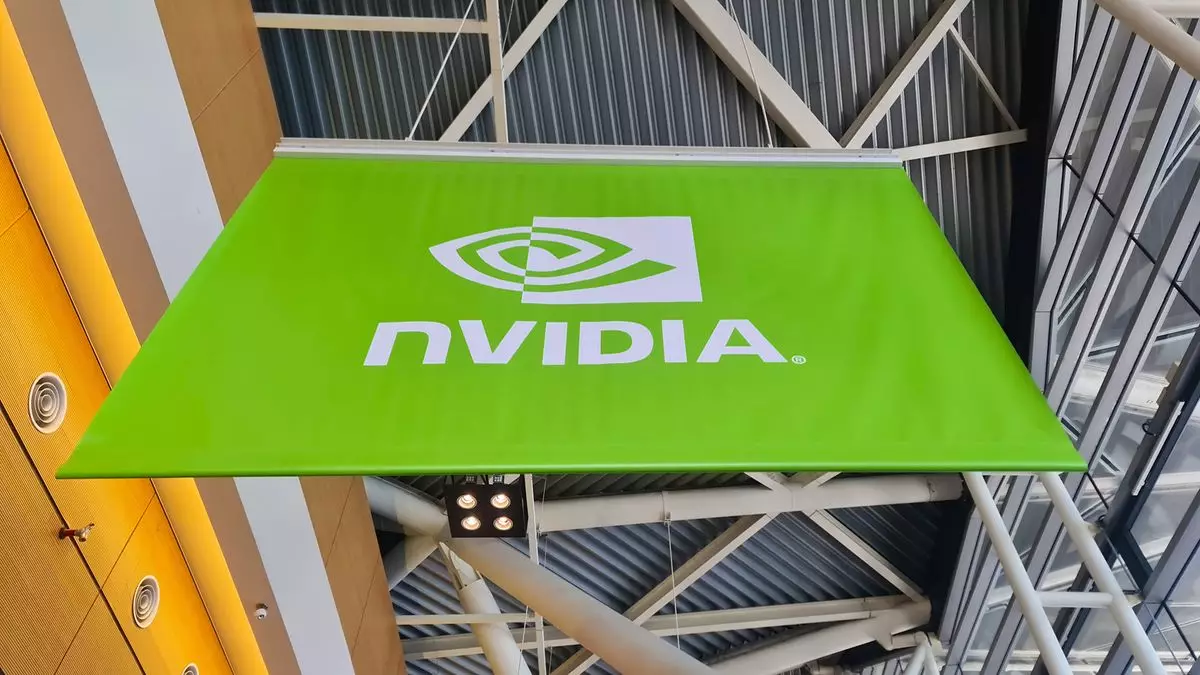In an age where technology giants dominate the market, legal disputes against these colossal entities have become increasingly common, especially as the artificial intelligence (AI) sector continues to expand rapidly. Among these tech behemoths, Nvidia stands out as a leader in the AI datacentre industry. However, like others in its category, it now finds itself embroiled in multiple legal confrontations. The recent decision by the United States Supreme Court to allow a significant class action lawsuit against Nvidia to proceed sheds light on the corporate accountability issues that underlie such cases.
The lawsuit at the center of this controversy dates back to 2018 and is rooted in claims that Nvidia misrepresented its financial health to investors concerning its reliance on the cryptocurrency market. Plaintiffs argue that by downplaying this dependence, Nvidia may have violated the 1934 Securities Exchange Act, which sets forth rigorous standards for financial disclosures to protect investors. The legal spiral that followed saw an initial dismissal by a federal judge, only to be revived later by the 9th Circuit Court of Appeals. This resurrected suit prompted Nvidia to seek refuge in the Supreme Court, hoping to have the case dismissed on the grounds of the Private Securities Litigation Reform Act of 1995, which is designed to reduce frivolous lawsuits.
In a move that has sparked discussion among legal experts and investors alike, the Supreme Court chose not to rule on the merits of Nvidia’s argument but instead dismissed the appeal outright. This decision effectively allows the class action lawsuit to continue its course through the lower courts. Particularly intriguing is the commentary from Justice Ketanji Brown Jackson during the hearing. She emphasized that plaintiffs should not be required to produce evidence prior to being allowed to plead their case, signaling a potentially more lenient approach toward securities litigation.
By permitting the lawsuit to move forward, the Supreme Court is engaging with an essential aspect of corporate governance: the balance between protecting investors and allowing companies the space to innovate without excessive legal hindrance. It’s a convoluted yet vital discussion that touches upon the very foundation of trust in the financial markets.
Nvidia’s legal troubles come amid a backdrop of substantial financial success, prompting many to question how much these legal battles will affect the company in the long run. The firm has previously dealt with the Securities and Exchange Commission (SEC) over similar allegations, incurring a hefty penalty of $5.5 million for failing to adequately disclose its dependence on the volatile cryptocurrency sector. However, punishing actions of this magnitude are often seen as mere speed bumps for massive tech corporations, raising questions about the deterrent effect of financial penalties. In a sense, these legal matters may become just another line item in the books of companies that continue to rake in billions.
The internal and external ramifications of continued litigation are something that investors and stakeholders cannot afford to overlook. Is Nvidia’s reputation at stake? While their financial prowess may shield them from immediate fallout, the potential for long-term damage can’t be discounted if perceptions among investors shift dramatically.
As Nvidia’s case progresses, it serves as a reminder that legal accountability is a double-edged sword in the corporate world, particularly in high-stakes sectors like AI. The Supreme Court’s decision could herald a new phase in the relationship between investors and the companies they support, reaffirming their rights to transparency and integrity in financial disclosures.
Ultimately, the implications of this legal saga extend beyond Nvidia. They speak volumes about the culture of accountability within tech corporations and their emphasis on transparency to investors. It’s a pivotal moment that could shape the future of corporate governance, especially as more industries become enmeshed with cutting-edge technologies. As the case unfolds, it will be critical to observe how other tech giants respond and whether they will adopt enhanced transparency practices to preempt similar legal challenges.
In a world where technology continues to transform our lives, the responsibility of these companies to uphold ethical standards has never been more crucial.

